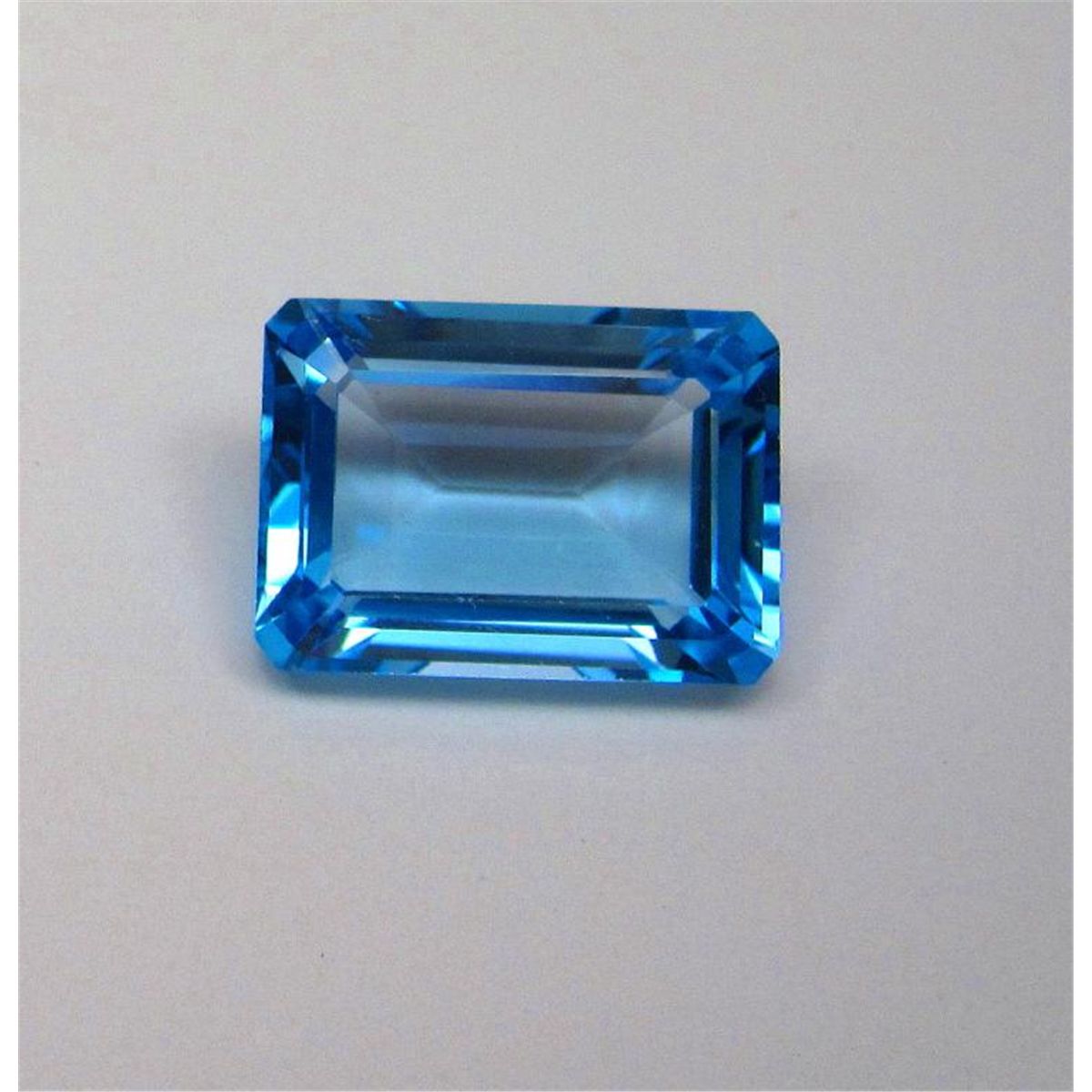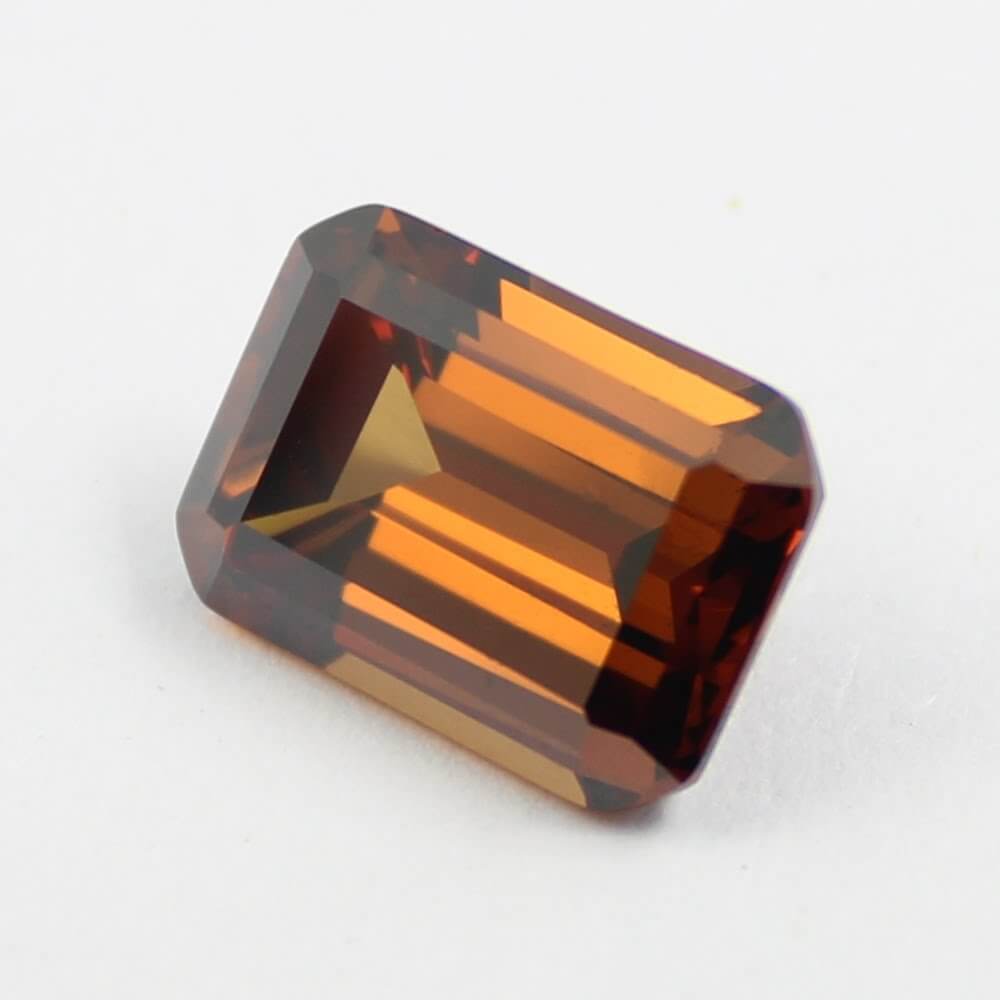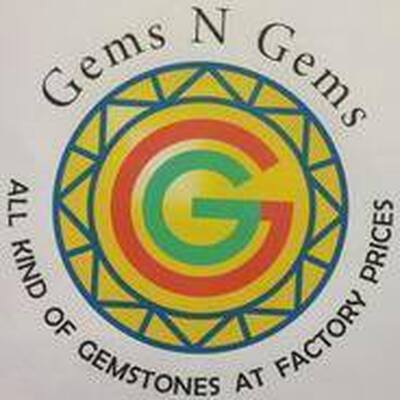What Are Artificial Gems?
Posted By Nikolas Wells
Body
Natural gemstones look like artificial gem cant, making great additions and beautifying jewelry. Gems are remarkable and add something uniqueness to a piece of jewelry.
Synthetic gems are not fake gemstones; they are created by a man called synthetic or artificial gems. They are crystallized before cutting them. According to a gemologist, a synthetic gem may be both real and not natural.
Synthetic gems are chemically duplicates of natural gems. For e.g., a synthetic emerald is a green beryl, and a synthetic ruby is a red corundum.
They are usually lab-grown gems or manufacturing plants, depending on the scale of the operation, giving that natural look like a natural gemstone.
Although synthetic gems have very high clarity and deep coloration, they look similar and stand out in a way natural gemstones can't match. Still, some see the tacky effect in synthetic gems.

So, look at the following things to determine a natural and a fake gemstone:
Before you buy Semi Precious stones, the most important thing to remember is that genuine gemstones are natural and will always have flaws. A gem is not perfect. Synthetic gems will look more perfect than natural, and people sometimes fool themselves with the perfection of the gem. Yes, even fake gemstones will give that sparkling effect and shine better than the natural gem because these artificial gems are grown in labs, and genuine natural stones are worn down through the earth's crust. If a gemstone looks so flawless, it may be fake, and the chances are it is a phony gem.
You can also identify by looking at:
Color-If you notice radiant color gemstone, then that gem can be a fake gemstone. You can show it to someone so familiar with gems and can identify it. An artificial stone will show a perfect color; those shades are not in natural gemstones, and natural gems are not perfect.
Clarity- It is crucial to find a natural gem, as very few stones have perfect clarity.
Size- Finding a huge gemstone in nature is rare and always found in small quantities. A small quantity of ruby or Sapphire Stones is counted as a large amount, so when your jeweler gives you a perfect size large ruby at a low cost, then consider it a synthetic stone because a large ruby will cost a lot.

The credibility of a seller: You need to find the right credible seller to get the natural gemstone. The right credible seller can educate you about your gem and show you the features of a natural rock. Help you find the quality, cut, and type of gem for your demands.
Conclusion:
Before you buy gemstones, check them and always ask for laboratory reports from a reputed geologist. The information should mention the authenticity of the gem.
It is good to consult a qualified gemologist before buying any gem. A gemologist is a person who has training in gemstones, can identify rocks, and can quickly identify natural from synthetic gems.
Talking to a geologist is a better way to ensure that your stone is real or fake. A natural gemstone will always be costly, and a fake one will have a low cost.
Article Source : https://www.spiceupblogging.com/what-are-artificial-gems/









Comments